As an important expression of our values, we do not use generative A.I. at Walnut Studiolo.
In this post, we talk about what that means, and why we're telling you.

Table of Contents
We Don't Use Generative A.I. at Walnut Studiolo
We never use generative A.I. to design and fabricate products. We design and make them the old-fashioned way, with family arguments (er, “debates”), sweat and patience, dozens of prototypes, and multiple product testing sessions with friends and fans.
We never use A.I. images. We take actual photos, shot by talented professional photographers – and sometimes untalented amateur photographers (like ourselves!).
We never use A.I. to write. Although some writers may have found A.I. to be a helpful starting place, we do not. Nor do we believe the use of A.I. can be justified, even as a creative shortcut, due to its environmental impact.
We decline to use generative A.I. offered by our programs and apps, such as customer service responses or product descriptions written by A.I. Although we can’t control which programs and apps have begun to incorporate A.I. in their offerings we will reject their use whenever it’s an option.
Why Not A.I.?
But why was it necessary to create this post?
Lack of transparency is a huge issue swirling around A.I. That's one reason we're writing this today: we're being transparent. We own all our typos and we hope that you'll enjoy reading our original, creative writing, seeing our original, creative photography, and using our original, creative products.
There are four reasons why we don't use A.I. as a small creative business, and now is the time to share them.
It's Bad for Creative People
A.I. models have been trained on copyrighted content without consent nor compensation – and that content is now competing with the original creators. Some of the world’s largest content creators are suing tech companies over it.
At Etsy, A.I. is deciding what's handmade and what's not -- banning long-time sellers with no possibility of appeal.
But it begs the question, why are the bots being used for creative endeavors? As one social poster said:
It's Bad for the Environment
Like, really really bad. Scientists calculated that one 100-word email written by generative will use a bottle’s worth of water or electricity equivalent to 14 LED light bulbs operating for 1 hour.
Or, as one humorist put it, “By turning off your lights all day every day for a month, you conserved about 1 percent of the energy needed for AI to generate a picture of a duck wearing sunglasses. Isn’t he cute?”
The response from AI champions? Google’s CEO Eric Schmidt was just quoted as saying, "We're not going to hit the climate goals anyway … I'd rather bet on AI." We disagree.
It's Spreading Disinformation
Nobody is fact-checking generative A.I. writing. It gives the appearance of intelligent-sounding "good enough" content, while not actually being grounded in the world of human experience and reality. (Or as one researcher from Microsoft put it, A.I. is not artificial nor intelligent!)
It’s the lack of transparency that’s the real problem. Not enough people are disclosing when they're using it, so it's decreasing our trust in each other and online content in general.
If an article began with the label – Written by A.I.– would you be likely to believe everything you read?
It's Sowing Distrust
Saving time for some people … at the expense of others.
Quick and easy generation with little (or no) editing is creating a “sea of slop” and most people don’t even like the results!
It's becoming a big problem -- and not just for the internet. Teachers are reporting a sharp increase in students cheating using A.I. -- forcing them to use their grading time catching plagiarism with A.I. (which is itself flawed, too)!
We have personally experienced it, and we're sure we're not the only ones. Somebody sent us a piece of writing to review. Facts and claims were made in the presentation that seemed questionable, but we weren't sure if the sender researched them or not. Then we got midway through it, and there was content in the middle that was wildly off-topic and had no business being there. Their mistake was now revealed -- the sender hadn't done any work at all. They spent 5 minutes asking a computer to write it for them, then sent to the reader to review. It shifts the burden of questioning, editing, and review from the producer to the consumer.
Only real discerning humans can unclutter the sheer volume of fake text and images being produced, and it's becoming exhausting.

Conclusion...
We still believe in the old-fashioned business model of our grandparents. Do an honest thing and do it well.
That's why we made this statement on A.I. Because we don't want to lose your trust. Even if it's unpopular, we think it's important to point out the downsides:
- it sows distrust
- it's spreading disinformation
- it's an environmental catastrophe
- it's bad for creative people everywhere
We hope you can trust that at least here, on our website, everything we present was done by humans.
Resources - Learn More
- DiBenedetto, Chase. Google's former CEO: AI advances more important than climate conservation . Mashable, October 7, 2024.
- Dixit, Pranav. Why Are AI-Generated Hands So Messed Up? BuzzFeed News, January 31, 2023.
- Gourley, McKanley. THE DEPARTMENT OF ENERGY WANTS YOU TO KNOW YOUR CONSERVATION EFFORTS ARE MAKING A DIFFERENCE . McSweeney’s, September 10, 2024.
- Grynbaum, Michael M. and Ryan Mac. The Times Sues OpenAI and Microsoft Over A.I. Use of Copyrighted Work. Millions of articles from The New York Times were used to train chatbots that now compete with it, lawsuit said . New York Times, December 27, 2023.
- Keierleber, Mark. ‘Distrust, Detection & Discipline:’ New Data Reveals Teachers’ ChatGPT Crackdown. The 74: America's Education News Source, April 2, 2024.
- Morton, Liz. Etsy Takes Down Legitimate Handmade Items In Automated Bot Dragnet. Value Added Resource, June 14, 2023.
- Read, Max. Drowning in Slop: A thriving underground economy is clogging the internet with AI garbage — and it’s only going to get worse. New York Magazine, accessed October 2024.
- Ryder Howe, Ben. How Costco Hacked the American Psyche: ‘Everything is about trust.’ New York Times, August 20, 2024.
- Simonite, Tim. This Researcher Says AI Is Neither Artificial nor Intelligent. Kate Crawford, who holds positions at USC and Microsoft, says in a new book that even experts working on the technology misunderstand AI. Wired, April 26, 2021.
- Southern, Matt G. AI In Marketing Copy: A Surprising Sales Killer, Study Finds . Search Engine Journal, August 2, 2024.
- Turner, Ben. Google's AI tells users to add glue to their pizza, eat rocks and make chlorine gas . Live Science, May 24, 2024.
- Verma, Pranshu and Shelly Tan. A bottle of water per email: the hidden environmental costs of using AI chatbots. AI bots generate a lot of heat, and keeping their computer servers running exacts a toll . Washington Post, September 18, 2024.
- Weatherbed, Jess. Procreate’s anti-AI pledge attracts praise from digital creatives . The Verge, August 19, 2024.



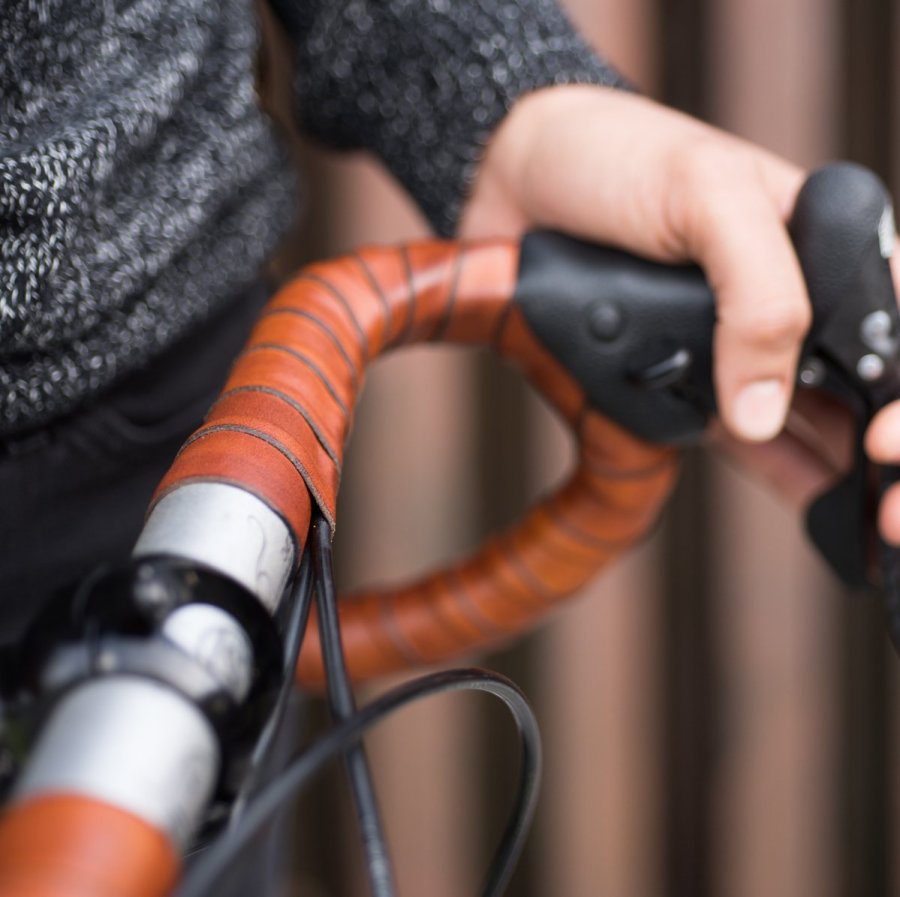












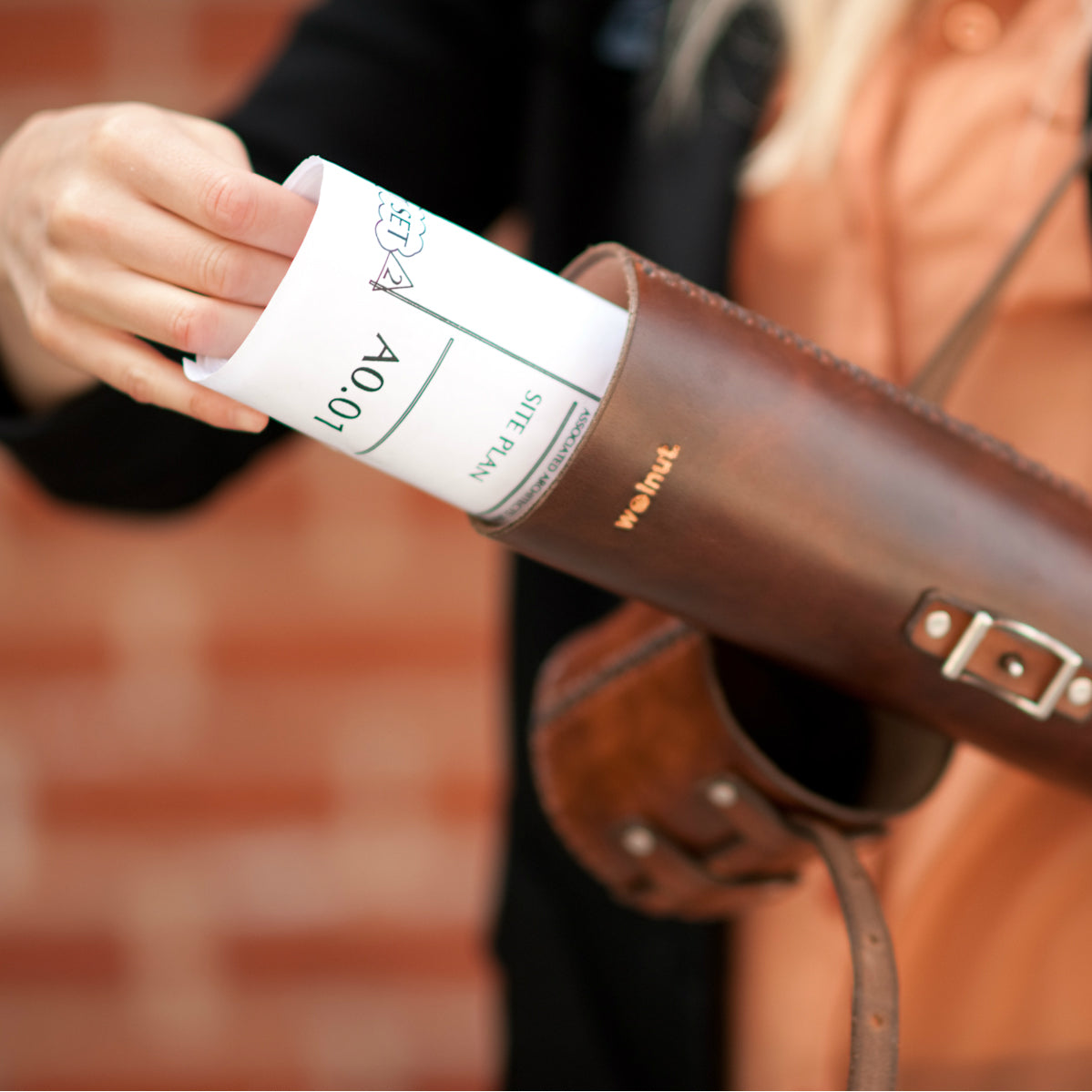

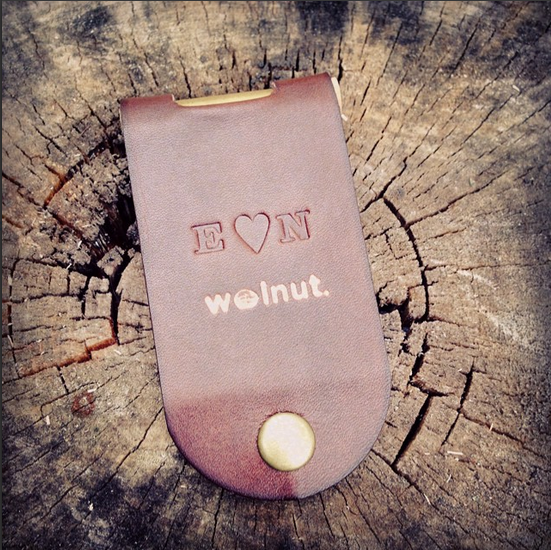

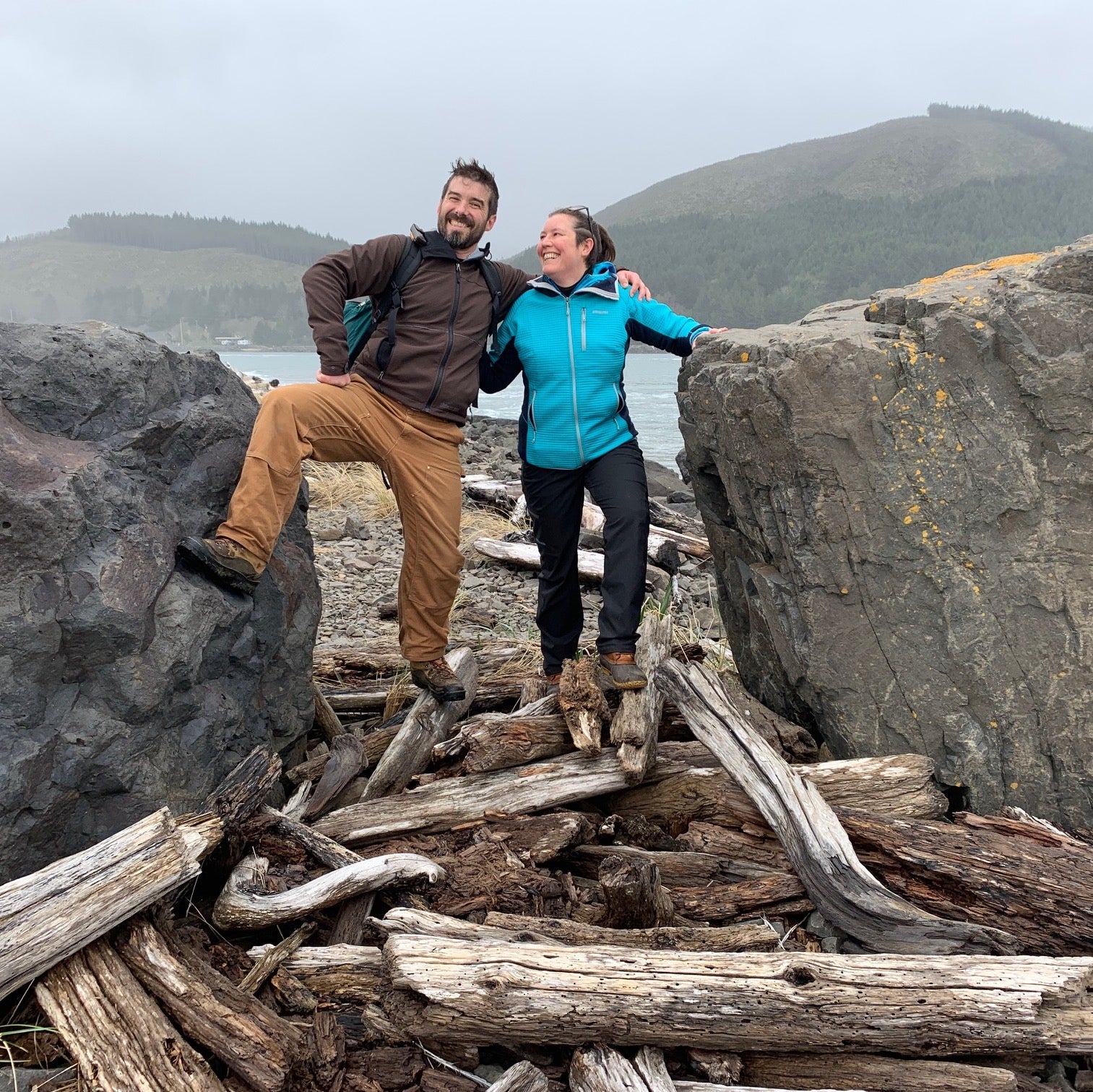
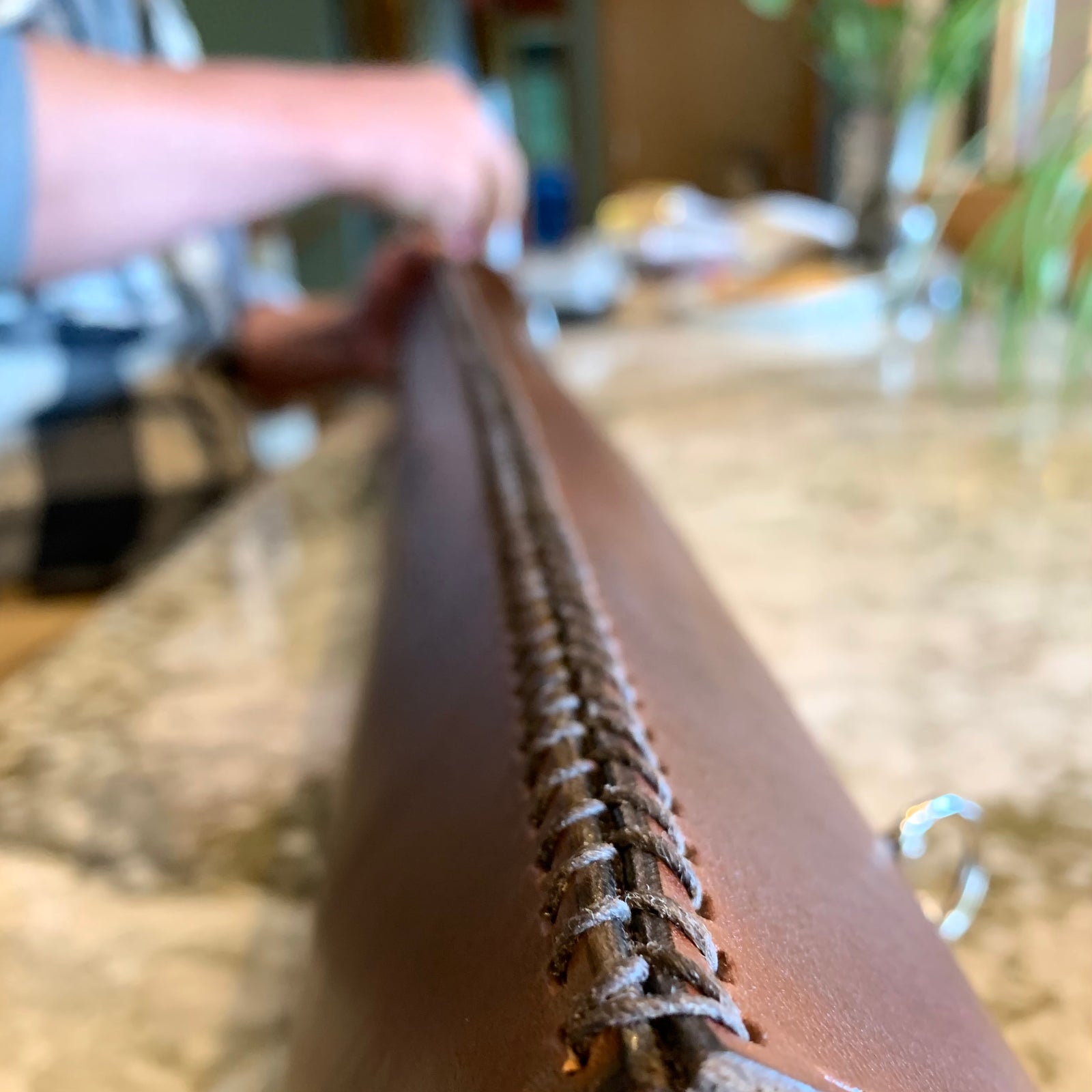
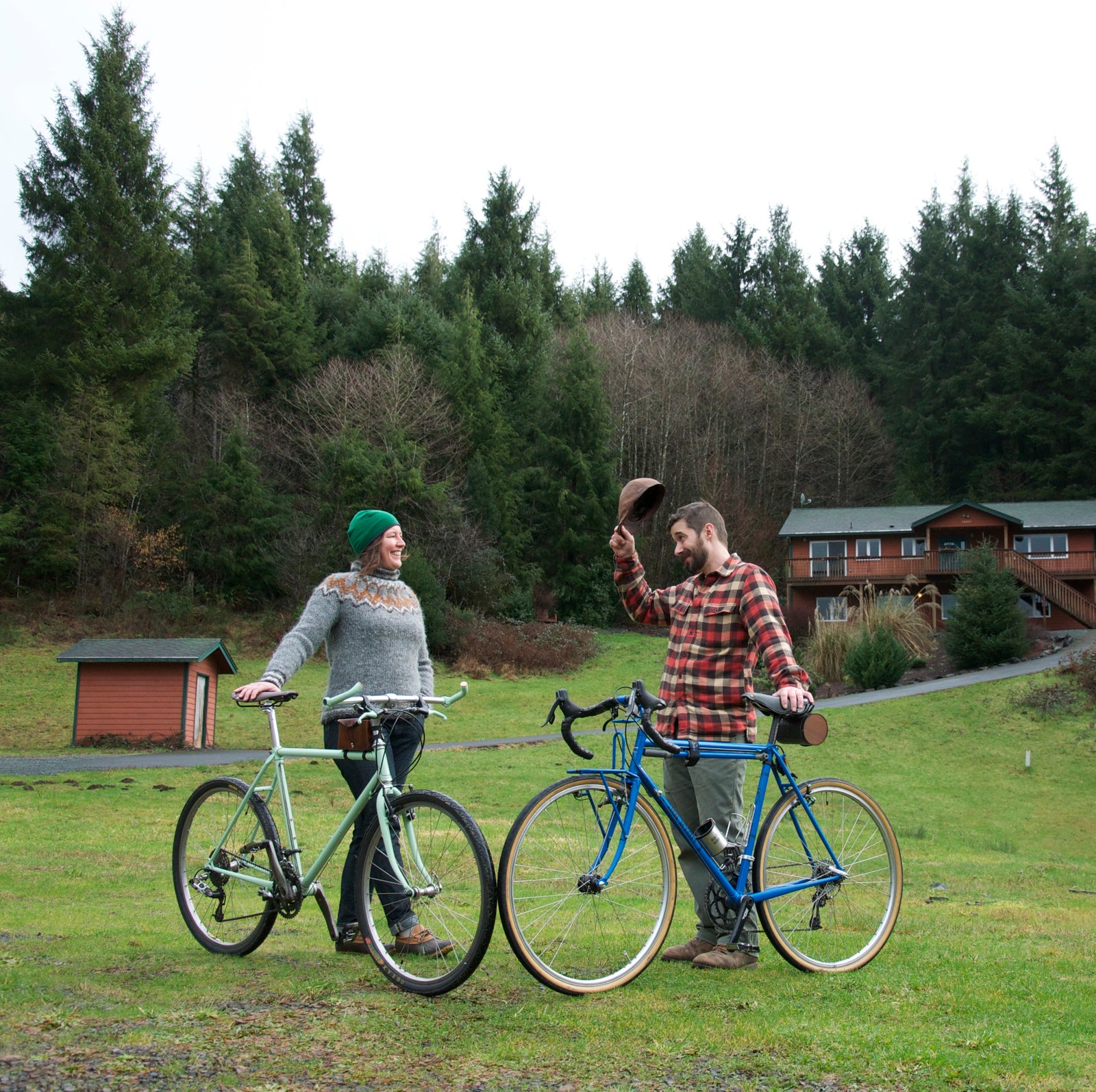











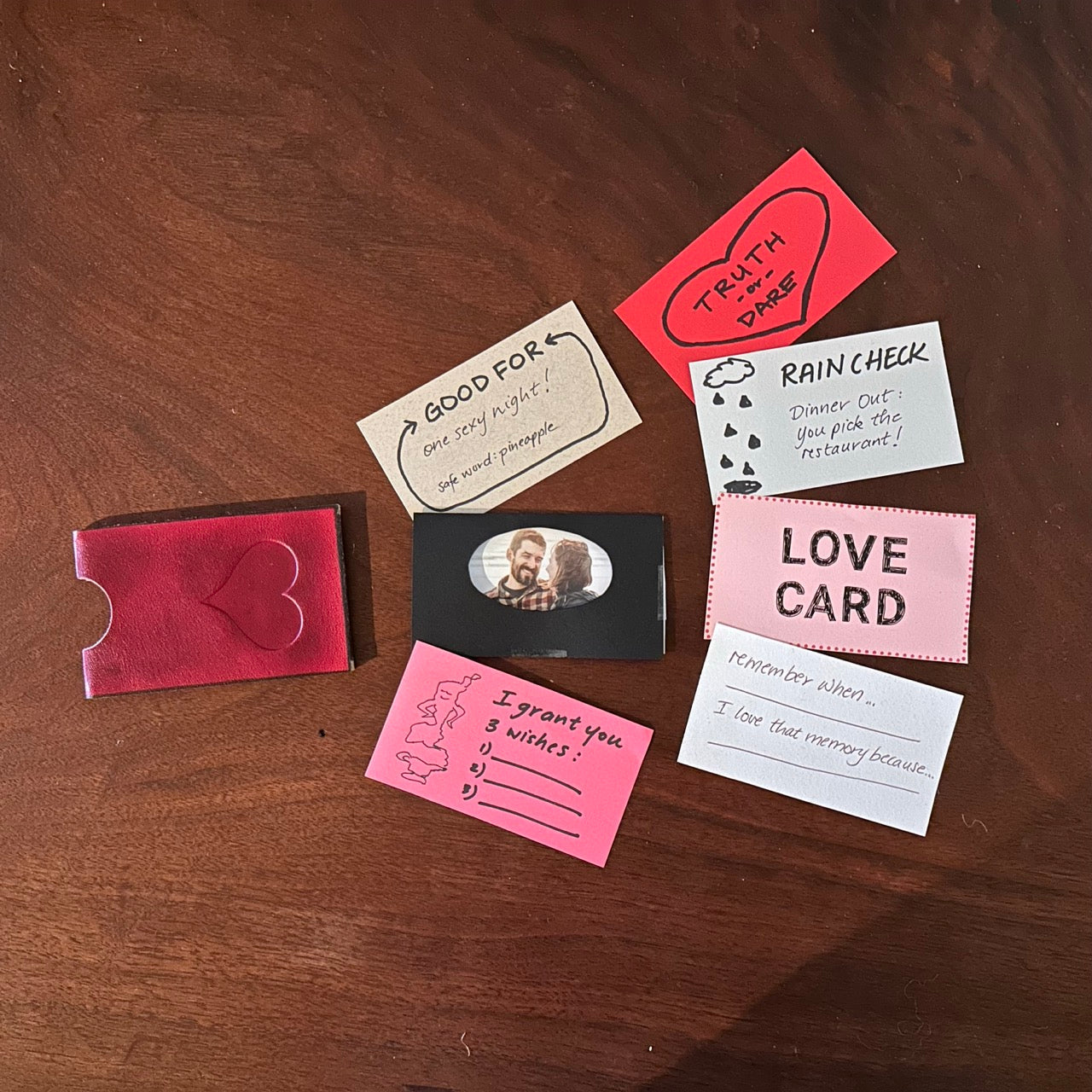
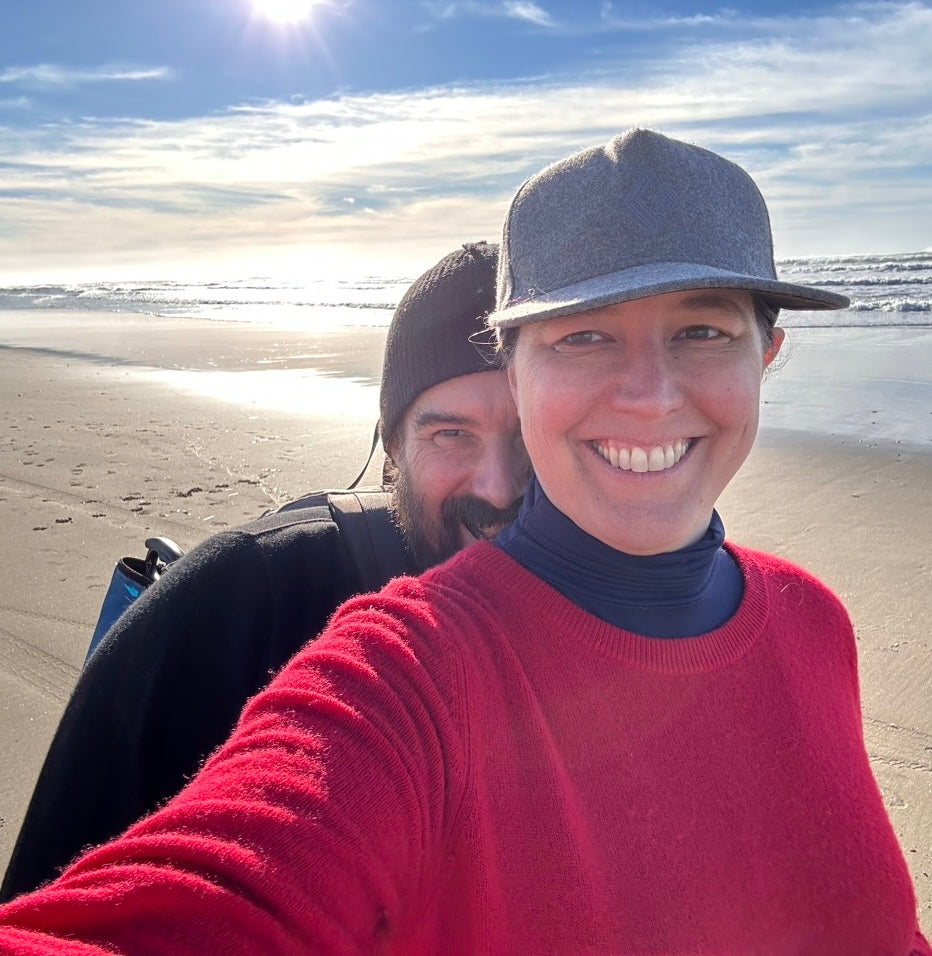
Leave a comment (all fields required)